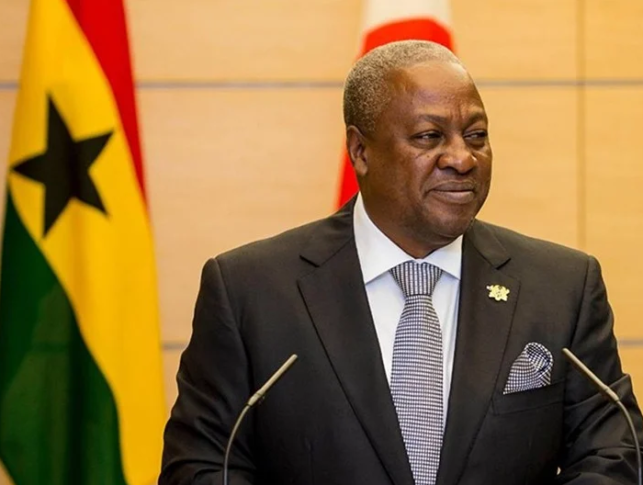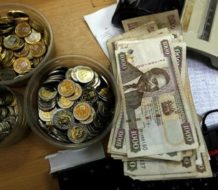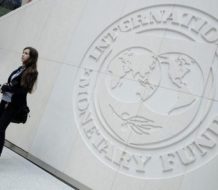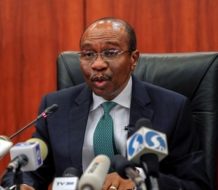John Dramani Mahama, a prominent Ghanaian politician, has been declared President-elect following the December 7, 2024, general elections. Securing 56.55% of the vote, Mahama, representing the National Democratic Congress (NDC), achieved a decisive victory over Vice President Mahamudu Bawumia of the New Patriotic Party (NPP), who garnered 41.61%.
Born on November 29, 1958, in Damongo, Mahama’s political journey is marked by significant milestones. He previously served as President from 2012 to 2017, ascending from the Vice Presidency after the untimely demise of President John Atta Mills. His tenure was characterized by infrastructural development and efforts to diversify Ghana’s economy.
In his acceptance speech, Mahama emphasized a commitment to national unity and economic revitalization, stating, “This is a new beginning for Ghana.” He acknowledged the challenges ahead and pledged to work tirelessly to rebuild the nation.
The Ghana’s first female Vice President
A notable aspect of Mahama’s victory is the election of his running mate, Professor Jane Naana Opoku-Agyemang, who will become Ghana’s first female Vice President. This historic achievement has been lauded as a progressive step towards gender inclusivity in Ghanaian politics.
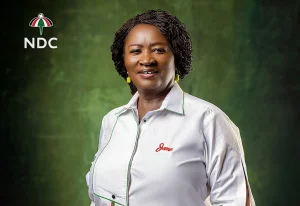
Professor Jane Naana Opoku-Agyemang
Mahama’s campaign resonated with voters amid economic challenges, including high inflation and a cost-of-living crisis. He has expressed intentions to renegotiate Ghana’s $3 billion bailout deal with the International Monetary Fund (IMF) to address wasteful state spending and enhance the energy sector. Mahama stated, “We’re bound by it but… it should be possible to make some adjustments to suit reality.”
Additionally, Mahama has pledged to reform the cocoa sector, a vital component of Ghana’s economy. He criticized the current structure where the state-run regulator, COCOBOD, competes with farmers for profits. Mahama proposes restructuring COCOBOD to act solely as a regulator and quality controller, allowing farmers to receive payments directly. He hinted at potential private sector involvement to improve efficiency and boost production.
Addressing corruption is also a priority for the President-elect. Mahama has constituted an anti-corruption team, chaired by Member of Parliament Samuel Okudzeto Ablakwa, to tackle suspected graft and recover misappropriated assets. This initiative underscores his commitment to transparency and accountability in governance.
Mahama’s return to power reflects a broader trend in West Africa, where economic dissatisfaction has led to the resurgence of former leaders. His victory is seen as a mandate to address pressing economic issues and restore confidence in Ghana’s democratic institutions.
As he prepares to assume office on January 7, 2025, Mahama faces the formidable task of steering Ghana through economic recovery, implementing structural reforms, and fostering national cohesion. His leadership will be pivotal in navigating the complexities of governance and meeting the aspirations of the Ghanaian people.
Photos : al24news.com and happyghana.com

